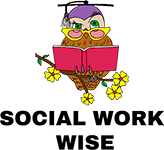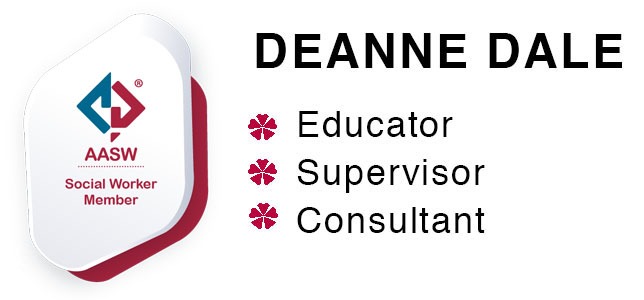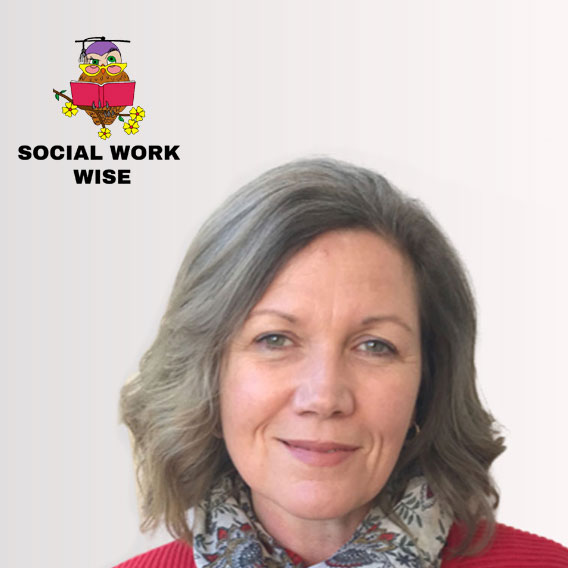I live and work on Dharawal country. Throughout my 33 years as a Social Worker I have maintained a focus on working with individuals, families and organisations responding to interpersonal violence including sexual abuse, domestic violence and harmful sexual behaviours. My roles have included counsellor, program coordinator, senior clinician, group facilitator, training provider and consultant. My current independent practice includes a variety of roles including research associate, counsellor (accredited with Victims Services and Harmful Sexual Behaviours Counsellors Schemes), restorative justice facilitator, educator, supervisor and consultant.
I am committed to working in ways that promote the dignity, rights, safety, knowledge and diversity of people. I value the relational work that we do and I attempt to bring my “whole self” to the work with the aim of fostering restorative and transformative conversations. My counselling and supervision practice is trauma informed, survivor led, respectful, creative and ethical. I approach our important work through a social justice and feminist lens and draw on ideas from Narrative Therapy, Response Based Practice, somatic modalities, creative therapies, Open Dialogue, Acceptance and Commitment Therapy and Trauma theory.
I have a deep interest in the transformative nature of shared stories, values based practice and collective, relational responses to harm . I am continually inspired by people’s capacity for learning, growth, connection, safety, accountability, social change and healing. I excited to be part of Social Work Wise and encourage you to be in contact if you are interested in knowing more, finding a supervisor, thinking about team, program or service development that is social justice or restorative focused.
Supervisor
Counsellor
Educator
Consultant





